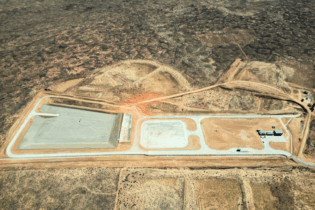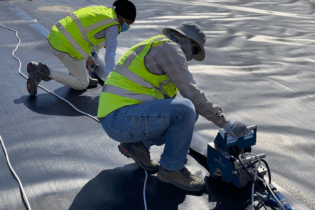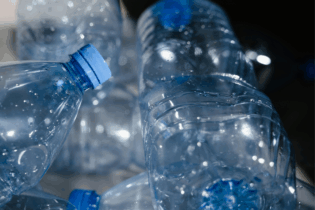MTN has announced that it has entered into a commercial arrangement to sell its carbon credits to EDF Trading in an industry first. The credits will be produced by MTN’s tri-generation plant at 14th Avenue office park in Fairland, Johannesburg.
EDF Trading is a wholly-owned subsidiary of Electricité de France SA, one of the largest compliance buyers covered by the European Union Emissions Trading Scheme (EU ETS). The carbon credit project utilises a clean development mechanism (CDM) methodology developed by MTN, approved by the United Nations Framework Convention on Climate Change (UNFCCC). It is currently in the process of being registered with the UNFCCC, once registered, MTN will sell the carbon credits from the project to EDF Trading. “MTN considers climate as part of the natural capital of its business and as the issue of climate change continues to receive increasing attention, it is now at the top of the list of opportunities andsustainability risks facing the Group,” says Kanagaratnam Lambotharan, chief technical officer at MTN. “As a result, this project is not only a milestone for MTN, but for the industry as a whole.” The project will make use of the MTN energy-efficient 2MW tri-generation plant at its Fairland office park. Tri-generation is the concurrent production of electricity, heating and cooling which provides power, hot water, space heating and cooling for air conditioning from a single source. “Having EDF, one of the world’s leading electricity utility companies, involved in this initiative attests to the quality of this first-of-its-kind project in the telecommunications sector,” says Robbie Louw, a director of Promethium Carbon, a carbon advisory firm assisting MTN with the registration of the Clean Development Mechanism (CDM) project. Egoli gas is used for the operation, sourced from the Sasol pipeline in Mozambique. The plant displaces grid electricity from Eskom, reducing greenhouse gas emissions and providing up to 85% efficiency on fuel. The excess heat, at some 400°C, is captured and used to supply heating and to operate an absorption chiller, which, like a fridge, creates cool water that is used to power an extensiveair-conditioning system.“Absorptions chillers are unique because they use heat to generate cold water without using electrical energy in the process. Other tri-generation systems simply use the waste heat to heat another system,” adds Lambotharan.
“Natural gas is clean burning and offers a consistent supply, but simply using this to generate electricity would have been too expensive. The saving achieved by capturing the waste heat, combined with the additional revenue from the sale of the carbon credits however makes the project economically viable.” “EDF already has a longstanding and established presence in the power sector in South Africa, and we are pleased to be extending ourcooperation not only in other areas, but also with new business partners such as MTN,” said François Joubert, Global Head of Environmental Products at EDF Trading. The Emissions Reduction Purchase Agreement (ERPA) allows EDF Trading to purchase all the credits from this project until 2020. “The project is a leading carbon emission reduction initiative for South Africa. It aligns MTN with South Africa’s National Climate Change Response Policy and will contribute to sustainable development and prevention of climate change,” concludes Louw.






